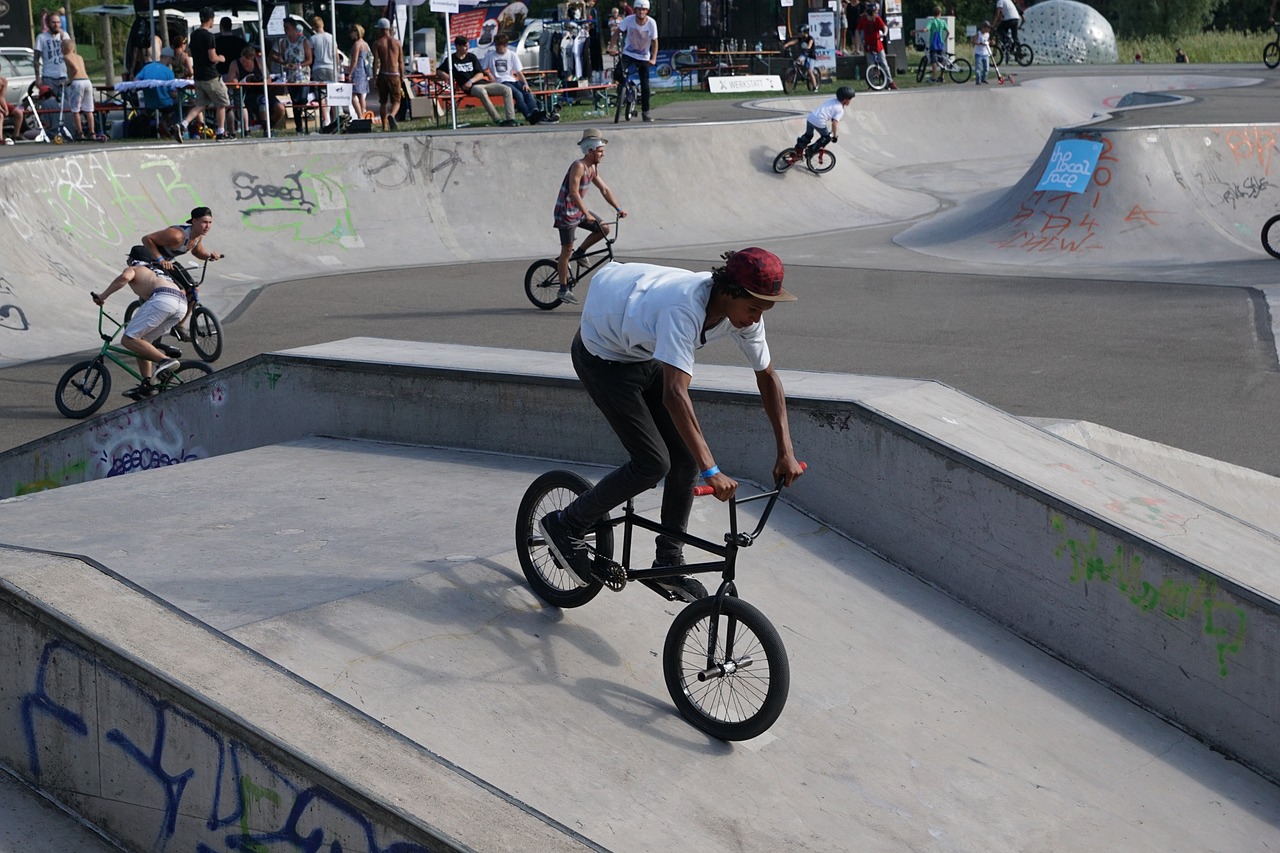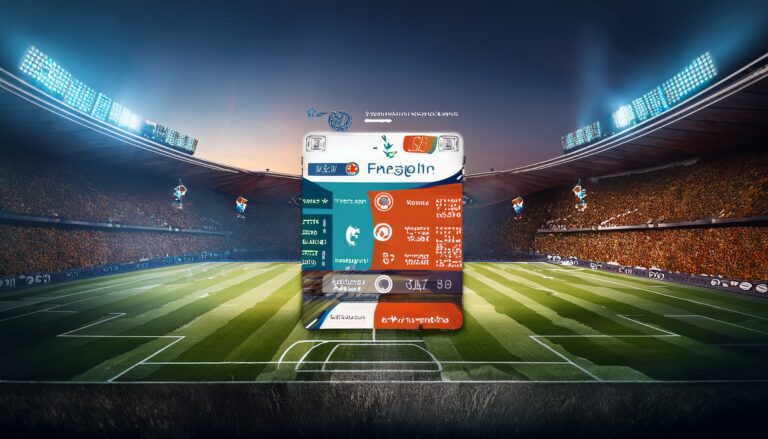Analyzing the Impact of Cognitive Rehabilitation on Brain: Betbhai99 com login, Radheexch, My99exch
betbhai99 com login, radheexch, my99exch: Cognitive rehabilitation is a form of therapy that aims to improve cognitive functions such as attention, memory, and executive function in individuals who have experienced cognitive decline due to brain injury or neurological conditions. The impact of cognitive rehabilitation on the brain has been a topic of interest for researchers and healthcare professionals alike. In this blog post, we will explore the benefits of cognitive rehabilitation and how it can help enhance brain function.
What is Cognitive Rehabilitation?
Cognitive rehabilitation is a personalized program that helps individuals improve their cognitive skills through various exercises and strategies. These programs are tailored to the specific needs and goals of each individual, taking into account their unique challenges and strengths. Cognitive rehabilitation can be delivered by a team of healthcare professionals, including neuropsychologists, occupational therapists, and speech therapists.
Benefits of Cognitive Rehabilitation on the Brain
1. Improved Memory: Cognitive rehabilitation exercises can help strengthen memory functions, making it easier for individuals to remember important information and tasks.
2. Enhanced Attention: By practicing attention-building exercises, individuals can improve their ability to focus and concentrate on tasks for longer periods of time.
3. Increased Problem-Solving Skills: Cognitive rehabilitation can help individuals develop better problem-solving strategies, enabling them to tackle complex tasks more effectively.
4. Enhanced Executive Function: Executive functions such as planning, organization, and decision-making can be improved through cognitive rehabilitation, helping individuals navigate daily challenges more efficiently.
5. Better Emotional Regulation: Cognitive rehabilitation can also help individuals regulate their emotions and cope with stress more effectively, leading to improved overall well-being.
6. Enhanced Quality of Life: Ultimately, the goal of cognitive rehabilitation is to enhance individuals’ cognitive functioning and quality of life, enabling them to lead more independent and fulfilling lives.
FAQs about Cognitive Rehabilitation
Q: How long does cognitive rehabilitation typically last?
A: The duration of cognitive rehabilitation programs can vary depending on the individual’s needs and goals. Some programs may last a few weeks, while others may span several months.
Q: Is cognitive rehabilitation suitable for all ages?
A: Cognitive rehabilitation can benefit individuals of all ages, from children to older adults, who are experiencing cognitive challenges due to brain injury or neurological conditions.
Q: Are the effects of cognitive rehabilitation long-lasting?
A: Research suggests that the benefits of cognitive rehabilitation can be long-lasting, especially when individuals continue to practice and reinforce their cognitive skills after completing the program.
In conclusion, cognitive rehabilitation can have a significant impact on the brain by improving cognitive functions and enhancing overall well-being. By participating in a personalized cognitive rehabilitation program, individuals can experience better memory, attention, problem-solving skills, and emotional regulation. If you or a loved one are experiencing cognitive challenges, consider exploring cognitive rehabilitation as a way to enhance brain function and quality of life.







